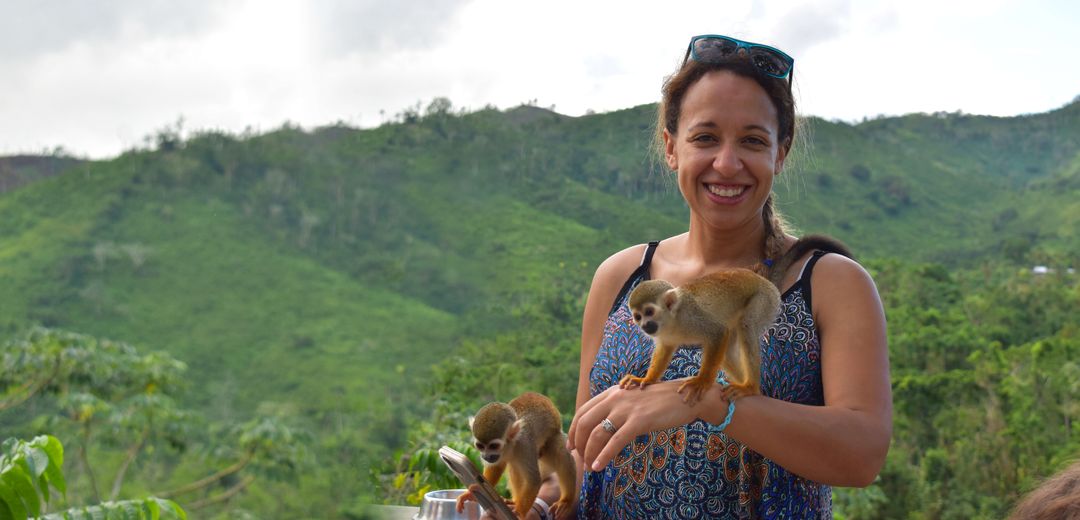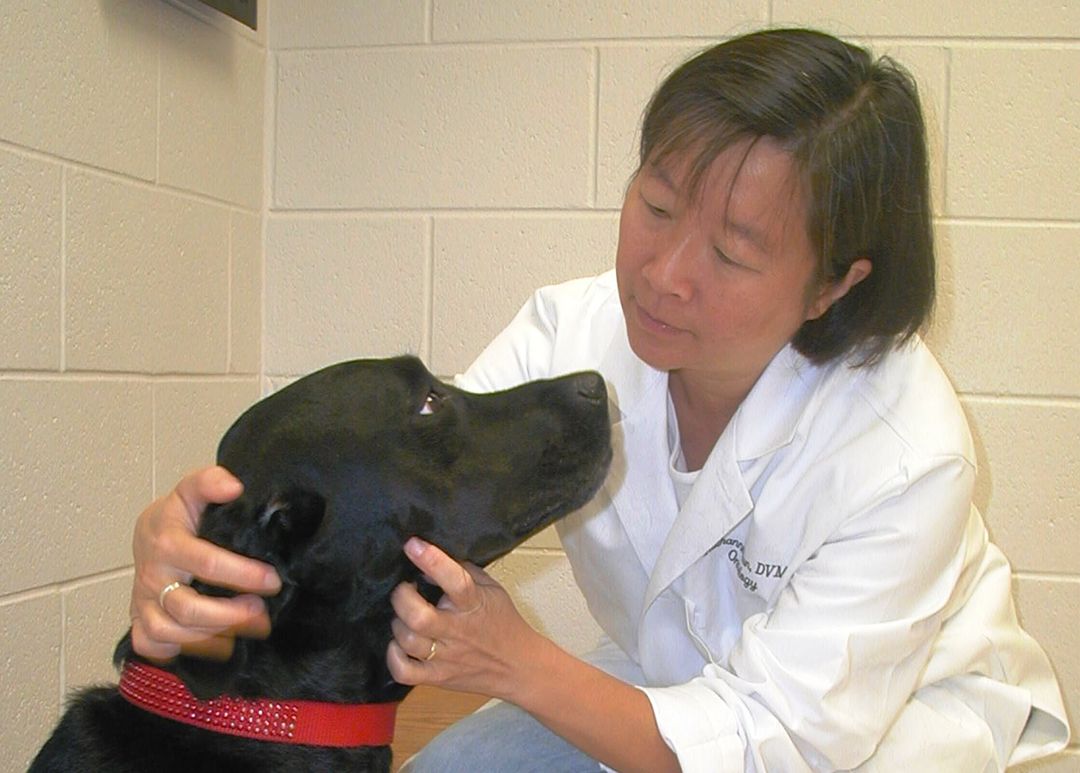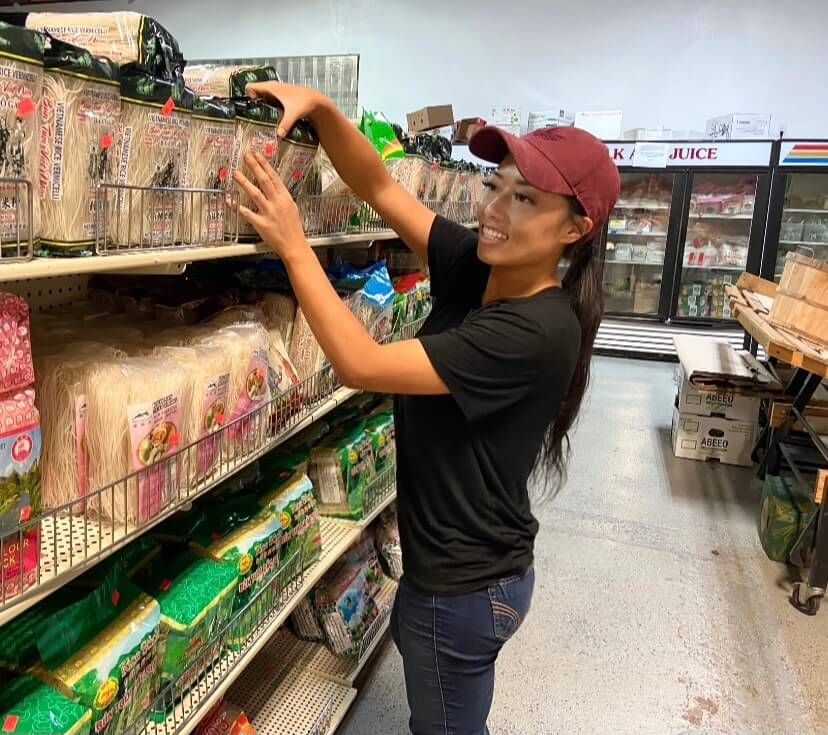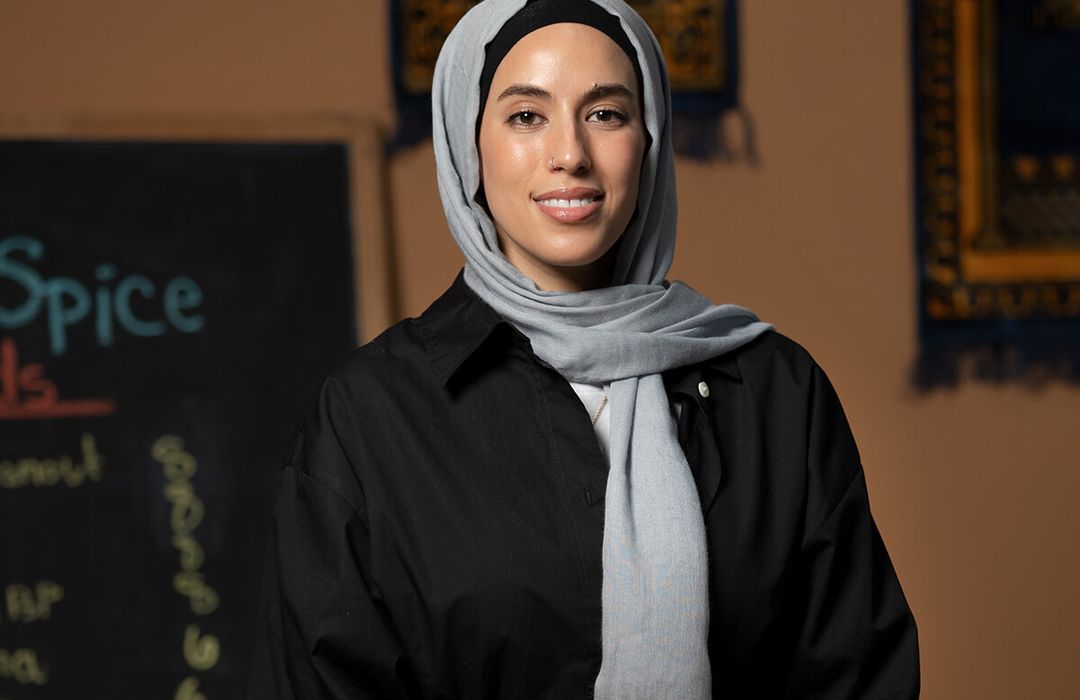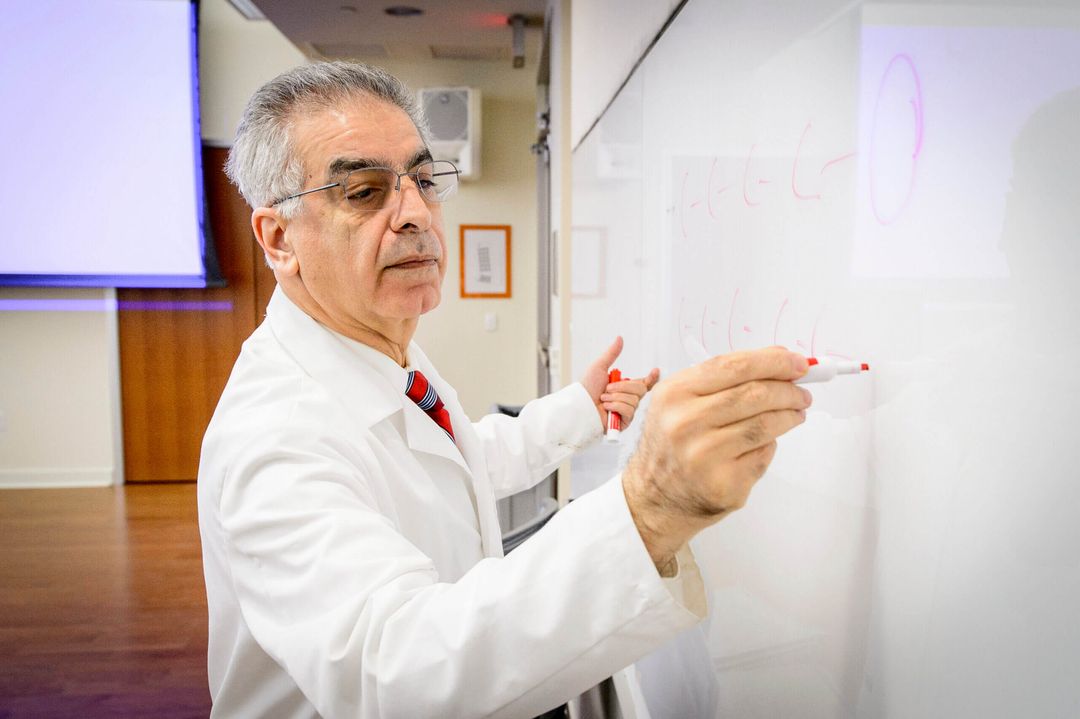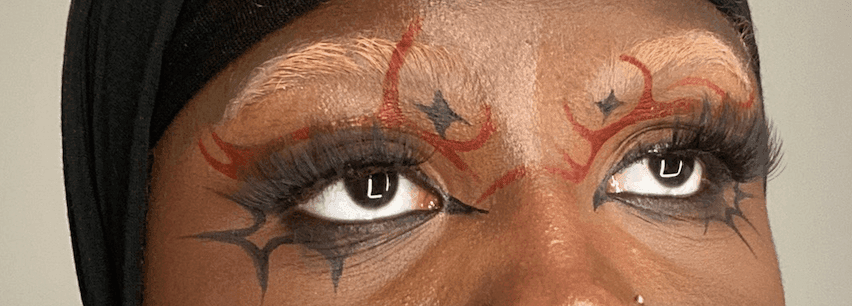In Dequadray White ’20’s development as an artist, you could divide his life between who he was before First Wave, and who he’s been after. Before First Wave, White was not out. He doubted his voice and believed that he didn’t have the right training to be a musician. His art focused on drawings, paintings, and murals.
“Visual arts were my trunk,” he says.
Six years later, White’s a different artist. First Wave, the university’s scholarship program for those engaged in hip-hop and urban arts, helped him not only to earn a degree from UW–Madison but also to find his voice, figuratively and literally. White’s now best known as a musician, with work such as Dequadray! A Black Sitcom, Antares, and the soon-to-be-released Spectaculous.
“My music really expresses who I am. It’s very vulnerable,” he says. “In it, I can represent what I want to hear and what I want to see, to encapsulate complex moments and bring my voice to call up emotions.”
The UW helped White see more of the world: he got to know Madison and also spent time in Brazil and Argentina as well as Green Bay, where over a summer he worked with a youth group. Today, music and poetry — the performing arts — are the center of his work. His themes explore life as a queer Black person in a world that is seldom welcoming.
Since First Wave, White’s life and art are wider and more genuine. But it would be an overgeneralization to say that this evolution was caused by First Wave: the change didn’t happen suddenly, like a literal wave, but gradually, like rising floodwater — incremental changes that left him transformed.
Untrained Voice
White grew up in the Atlanta area, and as a senior at the Tri-Cities High School in East Point, GA, he seemed a different person than the one you see today. He considered himself an artist — Tri-Cities is a magnet school for the visual and performing arts — but chiefly a painter. He kept his sexuality private, and he was uncertain of his ability as a musician.
“I wasn’t sure of my voice,” he says. “I didn’t think I had the technical training that I needed, and I wasn’t comfortable sharing my music.”
But then he met Sofia Snow ’14, MSx’23, connecting through the Jesse Draper Boys & Girls Club. Snow, a spoken word artist, had attended UW–Madison as part of the first cohort of First Wave students. In 2016, she inspired White to see the possibilities in performance — and in Wisconsin.
White joined Brave New Voices, a spoken word program for teenagers, and met other First Wave graduates, including Danez Smith ’12, a published poet; and Natalie Cook ’15, a poet and filmmaker. “There were very dope people who were part of this scholarship program,” White says. “And I looked to them as examples of what I wanted to learn.”
White began to see in First Wave the kind of artist he could become. And as he approached high school graduation, he saw that he had to represent himself more honestly.
“I decided that, before graduation, I wanted to come out,” he says. “I wanted to be confident enough to say that this is who I am. I wanted to get confirmation that, at the end of my high school career, I was okay. And also, I’m an uncle — I wanted to set an example for the next generation, to show that it’s okay to be who you are.”
White entered UW–Madison wondering what life would be like for “a queer person of color in the midst of a PWI,” a predominantly white institution. But when he arrived on campus, he soon found that he could remake himself, liberated from the person he’d been in Georgia — he could openly be the person and artist he wanted to be, and his fellow First Wave students helped him.
“At Wisconsin, I had the space to play with gender and sexuality, to perform, to talk about how I felt personally,” he says. “No one knew who I was before. And yet people were supportive of me and my work. They were open, validating, pushing me to go further. Once we all accepted that we were in this space, we were able to be vulnerable with each other.”

The Collective Unconscious
Turning his attention increasingly to poetry and music, White began performing works that, he says, tap into the collective unconscious. “As I’m an intersectional poet, all of my work is informed by my identities,” he says. “But it pulls images from the collective unconsciousness; it inquires into the gamut of human experience. It asks why we see certain things as right or wrong, why we accept certain things.”
For three years, he experimented and grew, taking advice and mentorship from older First Wave students such as Mar’Quaan Logan x’19, now an audio engineer, and Synovia Knox ’20, now the arts and media director for Madison Schools. By the summer of 2019, before his senior year at the UW, White had released Dequadray! and Antares. He was performing at Madison theaters — the Majestic, Robinia Courtyard, and the Rathskeller. “It was my time of accomplishment,” he says.
And then came a year of troubles: in fall 2019, the UW released a Homecoming video that appeared to feature only white students. The COVID-19 pandemic arrived, shutting campus down in the spring, and then after his graduation, the murder of George Floyd led to nationwide demonstrations for racial justice.
“It was a good time to be at home,” he says. “Honestly, I didn’t mind missing graduation.”
But White returned to Atlanta a different person, and his voice was only growing more confident. “Music and performance, that’s my trunk now,” he says. He’s done virtual performances and is working to mentor young people through the Boys & Girls Club and through Americorps. And he facilitates an art workshop at a nonprofit called Paint Love. “I love it,” he says.
And he’s working on Spectaculous, a musical collection created with the UW group Mr. Chair. Spectaculous draws on a wide variety of influences, including hip-hop, funk, R&B, and rock. Inspired by Stoic and existential philosophies, it explores the many aspects of his identity and encourages listeners to defy the boundaries that confine them.
“That project,” he says. “If I was to leave today, y’all would be all right. I’ve made my work.”


